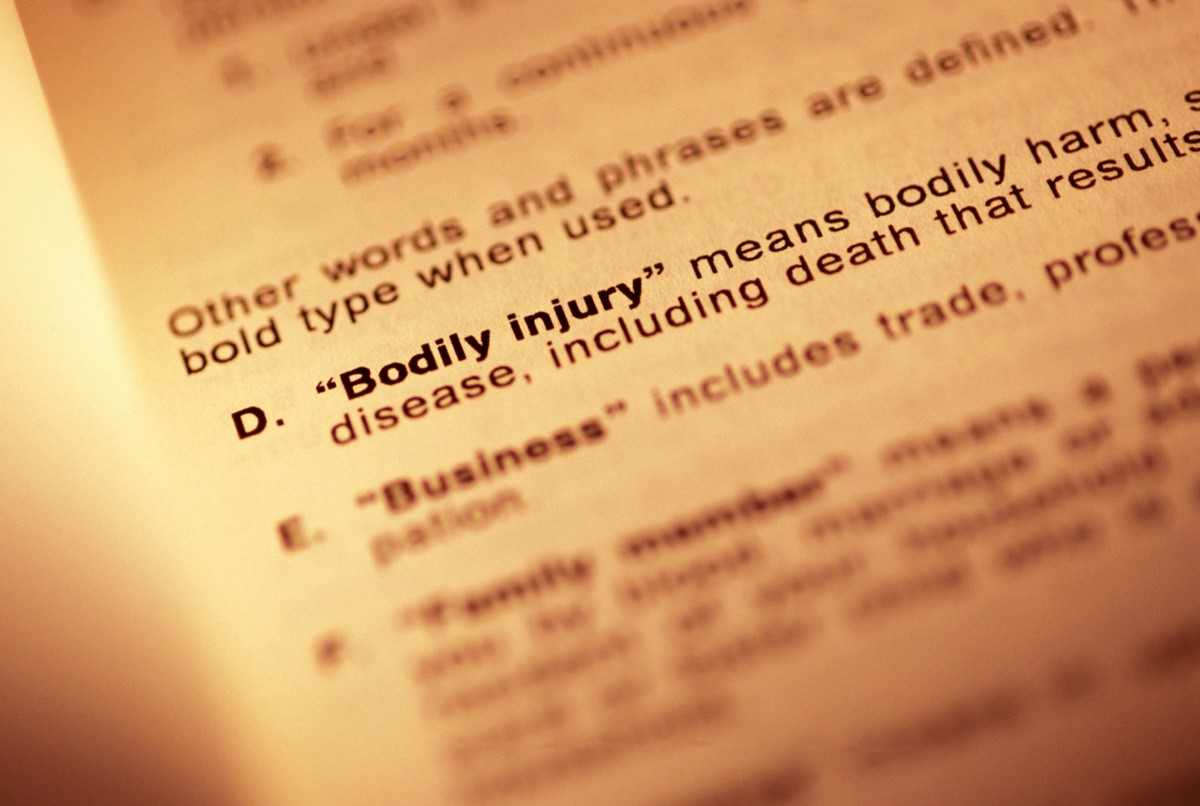Scheduling regular policy reviews can ensure your business has the coverage it needs, when you need it. If you haven’t reviewed your coverage lately, the beginning of the year is a great time to take care of this important housekeeping matter.
When evaluating your coverage, consider how your business has changed over the past year, including:
1 Has your business had a change of name or ownership? Your policies should reflect any name or ownership changes. Failure to have the proper “named insured” listed in the policy could affect your coverage. Has your business been involved in any mergers or acquisitions? Business policies typically provide coverage to new acquisitions for only a short period of time, such as 30 days. After that, you must change your policy to cover any new entities.
2 Have you added or changed any products or services? If you have, how does that change your risk exposures?
3 Has your business acquired any real property, changed or added locations in the past year? You will need property coverage on any new locations. In addition, review your liability coverage, including your commercial auto policy, to be sure you have coverage for claims that occur in any of your locations. Workers’ compensation policies, employee health coverage and other employee benefits are state-specific, so your workers’ compensation and benefits packages will need updating, too.
4 Have you made improvements to your building, or have construction costs in your area increased? If so, will the current limits of your property policy cover the cost of rebuilding if your property suffered a total loss? (Remember that you do not need to insure the value of your land, only any improvements.)
5 Have you made any significant purchases of equipment or other business property during the past year? A commercial property policy or business owner’s package policy automatically provides coverage for “business personal property” up to the policy’s business personal property limits. Although any type of property that isn’t real estate or a fixture is considered personal property, most policies have lower sublimits for certain types of personal property. These include computers and other electronic data processing equipment, cash and cash equivalents, antiques, art and collectibles. You can obtain specialized coverage, called floater policies, for these types of personal property.
6 Do you hold anything belonging to others in safekeeping? Businesses that hold property of others in safekeeping can become liable if that property is lost, stolen or damaged, even if the loss is not their fault. Insurance can cover these obligations toward third parties.
7 Does your organization use or store personal information on others? This includes medical records and other personal information, in addition to financial data such as credit card numbers. If your data is hacked or lost, putting your employees’ or customers’ personal information at risk of theft, your firm could become liable for notifying potential victims of the breach and providing assistance to identity theft victims. (This can include free credit monitoring and credit cleanup services). You might face lawsuits for invasion of privacy or negligence, along with investigations by governmental authorities. Specialized data breach or cyber liability policies have evolved to help businesses address these types of claims.
8 Do you have employment practices liability coverage? The standard business owner policy or commercial general liability policy excludes employment-related claims.Employment practices liability insurance protects an employer from defense and settlement costs for employment-related lawsuits, such as wrongful termination, discrimination and harassment.
9 Has your exposure to natural disasters changed? Flood plains and weather patterns can change over time, which may increase your exposure to damage due to natural disasters. Business policies exclude coverage for flood; you can obtain coverage through the National Flood Insurance Program or private insurers. The NFIP covers buildings up to $500,000 and business personal property (building contents) up to $500,000.
10 Does your insurance program include business income and extra expense insurance? Business income insurance, also known as business interruption insurance, reimburses an insured for loss of business income caused by an insured disaster. In other words, if a fire (an insured cause of loss) damaged your premises and forced the business to close for repairs, the policy would cover resulting loss of income. The business owner policy (BOP) includes some business interruption coverage. Your insurance broker can help you determine how much coverage you need. Coverage should take into consideration not only property damage but loss of revenue and extra expenses that occur when a disaster causes a temporary shut-down.
Having the right insurance policies and the right amount of coverage will make a difference when a claim occurs. For more information, please contact us.



